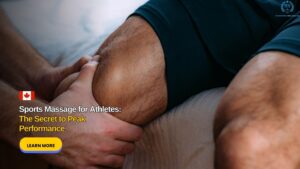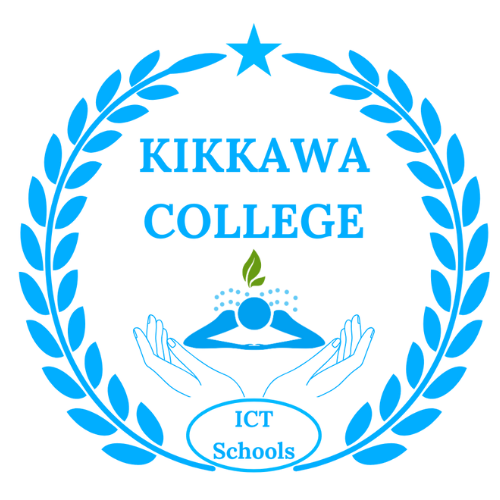Techniques in Focus: Exploring Sports and Deep Tissue Massage
Massage therapy encompasses a wide range of techniques, but two of the most impactful—sports massage and deep tissue massage—are especially powerful for people dealing with chronic pain, muscle tension, or athletic strain. These methods go beyond relaxation; they’re designed for rehabilitation, injury prevention, and optimal performance.
What is Deep Tissue Massage?
Deep tissue massage focuses on the deeper layers of muscles and connective tissue. Therapists use slow, firm strokes and sustained pressure to target areas of tension and pain. This type of massage is particularly effective for:
- Chronic back and neck pain
- Postural imbalances
- Recovery from injury
- Repetitive strain conditions
Unlike a gentle Swedish massage, deep tissue work can be intense. However, it’s known for its long-lasting results and therapeutic benefits.
What is Sports Massage?
Sports massage is tailored to the specific needs of athletes and physically active individuals. It can be used before or after training, or as part of rehabilitation. The goals are to:
- Improve flexibility
- Prevent injuries
- Enhance athletic performance
- Accelerate recovery time
This technique often involves stretching, joint mobilization, and targeted muscle work based on the athlete’s sport or condition.
Differences and Similarities
While both techniques address muscular tension, the context and goals differ:
- Deep tissue is typically used for chronic issues.
- Sports massage is more dynamic and often part of an ongoing fitness or recovery plan.
Both techniques require a strong understanding of anatomy and pathology, as well as the ability to customize interactions with individual clients.
Learn These Techniques at ICT Schools
At ICT Schools, students in the Massage Therapy Diploma program receive in-depth training in both deep tissue and sports massage. Through supervised clinical hours, you’ll apply your skills with real clients and gain confidence in customizing treatments for different conditions and body types.
With hands-on learning and experienced instructors, ICT equips you with the techniques needed to succeed in diverse work environments—from sports clinics to rehabilitation centers.






